
Since many people brush during the morning or at night with the radio on, one piece of good advice is to brush for one song. That’s about three minutes—the right amount of time to get the best results from brushing.
Generally, a toothbrush should have a long, wide handle and soft bristles. Be sure to brush both sides of the teeth and the tongue. Change toothbrushes every three to four months before their bristles become frayed. Toss the toothbrush after an illness to avoid harmful bacteria harbored in the bristles.
If you, your family, or friends need dental care, we would be honored to provide you with state-of-the-art dental care in our modern dental practice. Refer someone you love to someone you trust!
Presented as a service to the community by Doctors Hoover and Yanda,
39 Milford Drive, Hudson, Ohio 44236. 330-650-0360.


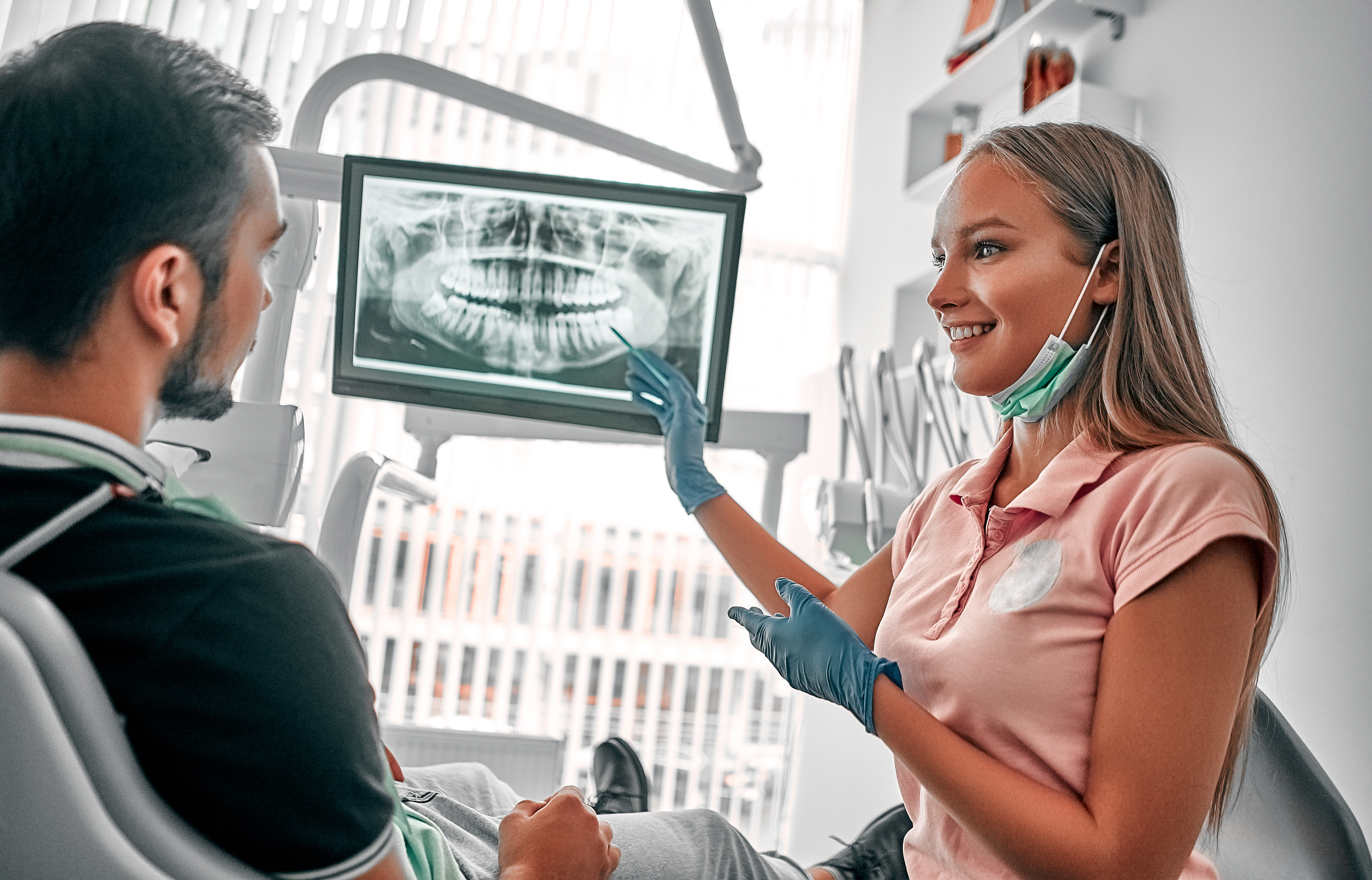
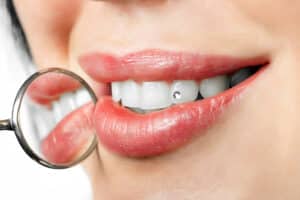 A: The market is loaded with offers that claim to be able to give you a whiter smile if only you would buy and use their miracle product! So, the first step to take in your quest for the perfect smile is to talk with your dentist and find out about the legitimate products and treatments that are available.
A: The market is loaded with offers that claim to be able to give you a whiter smile if only you would buy and use their miracle product! So, the first step to take in your quest for the perfect smile is to talk with your dentist and find out about the legitimate products and treatments that are available. Q: Do you have any general advice on keeping my mouth healthy?
Q: Do you have any general advice on keeping my mouth healthy?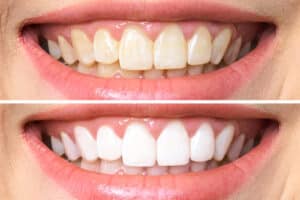 Q: Will proper dental care prevent changes in the mouth?
Q: Will proper dental care prevent changes in the mouth?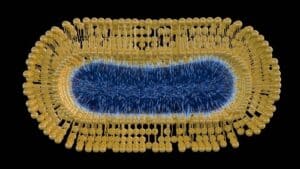 The gut microbiome dominates the headlines, but it’s not the only collection of tiny organisms that live inside you and affect your health. The oral microbiome — which populates the mouth and connects with the sinuses, larynx, trachea, and lungs — harbors more than 700 species of bacteria. How do those bacteria get there, what do they do, and why should you be glad they mostly survived COVID-19?
The gut microbiome dominates the headlines, but it’s not the only collection of tiny organisms that live inside you and affect your health. The oral microbiome — which populates the mouth and connects with the sinuses, larynx, trachea, and lungs — harbors more than 700 species of bacteria. How do those bacteria get there, what do they do, and why should you be glad they mostly survived COVID-19?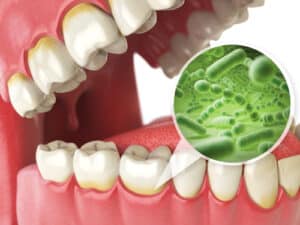 Brushing and flossing regularly can keep your smile shining as brightly as ever, but did you know that it could also help protect your heart? Now, researchers in Japan report that an infected mouth could lead to a broken heart.
Brushing and flossing regularly can keep your smile shining as brightly as ever, but did you know that it could also help protect your heart? Now, researchers in Japan report that an infected mouth could lead to a broken heart.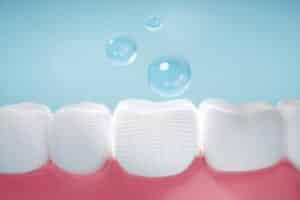 Q: Why is fluoride important to dental health?
Q: Why is fluoride important to dental health? Q: Should pregnant women avoid the dentist until after delivery?
Q: Should pregnant women avoid the dentist until after delivery?